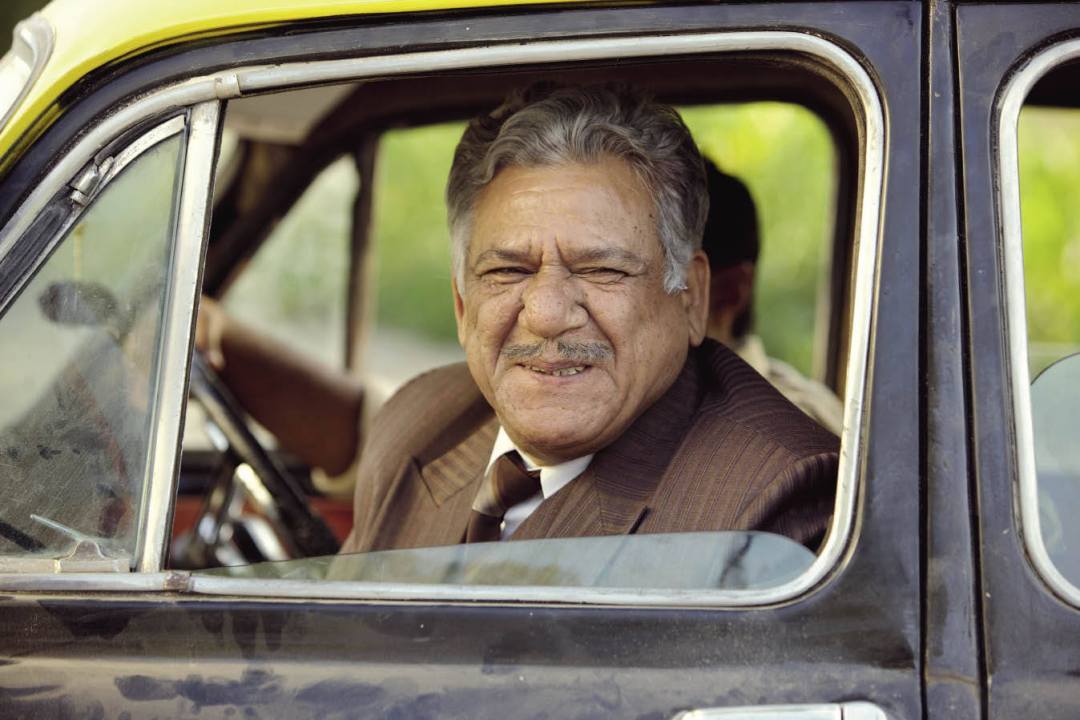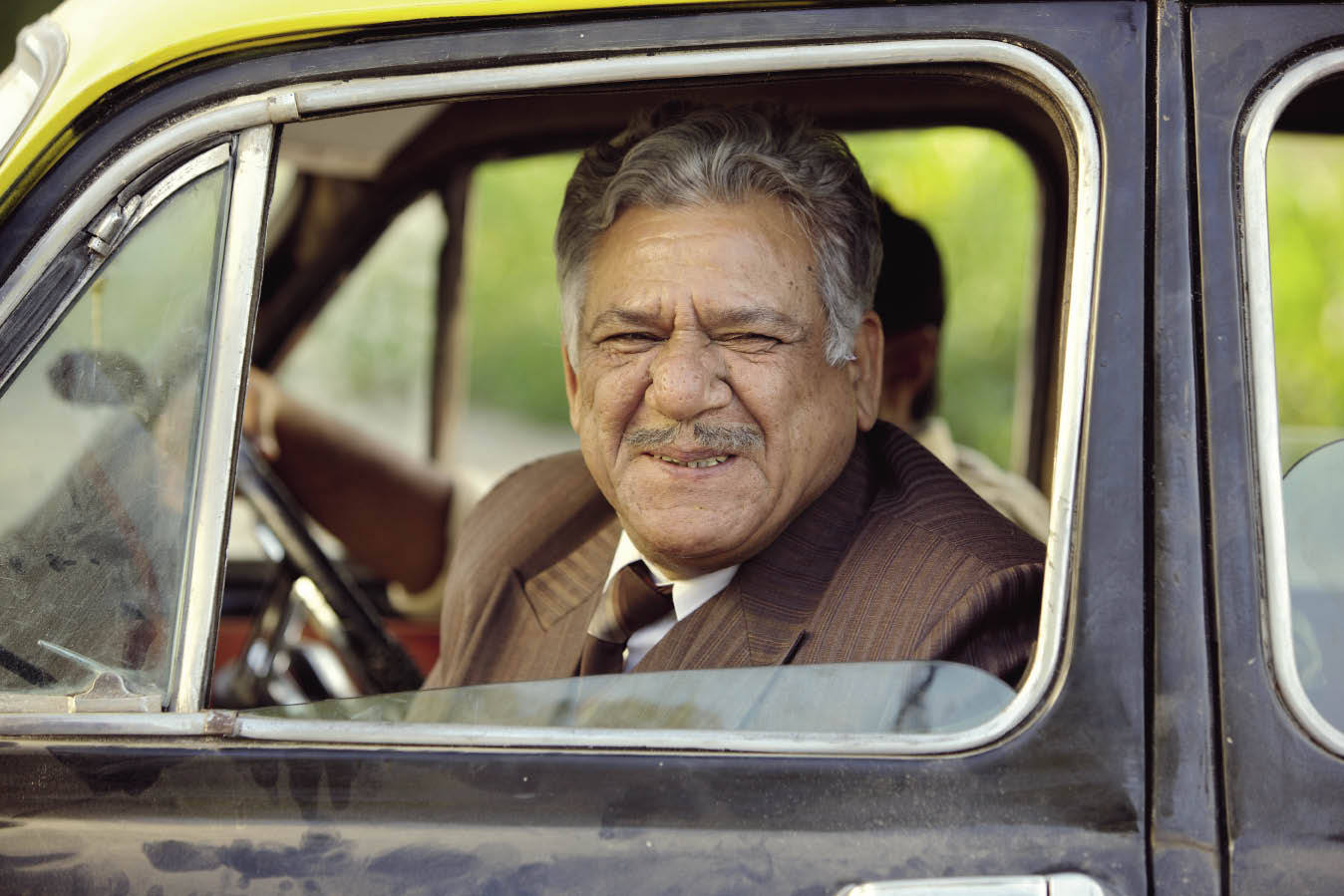West Is West is the follow-up to the 1999 film East Is East, even though everyone should have left well alone and busied themselves elsewhere. Didn’t they have curtains to hang, or cars to MOT, or kids to ferry between guitar and football and judo and extra maths? (Honestly, kids today; why can’t they stay in and play more computer games?)
This film has no real purpose in and of itself, or none that I can think of, and simply exploits what residual affection you might have for the original. It may not have set out to do this, but it’s certainly what it feels like, plus it’s mawkish and dull and such a shame. When you become fond of characters, you don’t want to see them tossed about and re-hashed in this way. Everyone should have left well alone, as you should always leave well alone unless there’s a chance other people’s kids are going to get into better schools than yours, in which case you have to bite the bullet and at least do the extra maths. It’s just the way it is, I’m afraid.
Actually, I watched East Is East again just the other night, as it was on TV, and although it’s not faultless — it’s often heavy-handed, and can’t decide how dark it wants to be with regard to the domestic violence, which makes for some tonal juddering — it still stands up as a lively, energetic, sharply funny take on multicultural living and how ethnic identity changes across successive generations of immigrants. This second outing, also written by Ayub Khan-Din, visits much the same territory, but makes the trip without any noticeable charm which, perhaps, it left on the bus. It’s easy to do. The original, which was set in Manchester in 1971, starred Om Puri and his gloriously pock-marked nose as George Khan, a Pakistani immigrant living with his British wife Ella (Linda Bassett) and their seven unruly children whose Western ways baffle him to fury and beyond.
This film picks up the thread five years later, in 1976, by which time only their youngest son, Sajid — the one who spent most of the first film saying ‘get stoofed’ from under his parka hood — is living at home. No real mention is made of the other siblings bar Tariq, the girl-mad one, who appears in one excruciatingly irrelevant scene probably so they could put the name of the actor who plays him, Jimi Mistry, on the poster. But you know what? Who cares.
George is worried about Sajid (Aqib Khan), now a troublesome teenager who hates his Pakistani heritage. After one insult too many, he decides to drag the boy back to his roots, so hauls him off to Pakistan where everything is played too large and too crudely and too obviously, like some kind of Carry On Abroad. Sajid hates the old country at first. He hates the backward ways and the poor sanitation arrangements — my dears, here are more scatological jokes than you can shake a stick at, should you wish to shake a stick at them — but, rather inevitably, and with the help of a guru who would be prickly and obstinate if only he weren’t so patient and kindly, he eventually journeys towards some understanding.
Meanwhile, George must come to terms with the wife and daughters he abandoned 30 years earlier…whoa! George has a first wife? If so, isn’t he a bigamist? Doesn’t this make his marriage to Ella illegal, or am I missing something? You can’t have one wife in one country and a second wife in another, can you? This is glossed over, just as so much has been glossed over. George was a broken man at the end of the first film, but this takes up the story as if that never happened at all. Were we simply meant to forget?
As for Linda Bassett, whose presence added so much warmth and conviction to East Is East, she is missing for most of the movie, which is also a shame, although she does eventually turn up in Pakistan so the whole thing can end on a swell of sentimental forgiveness. It is always a pleasure to see Om Puri and his nose at work, but George’s conflicted character isn’t well drawn enough to explain why either wife is quite so besotted. Had the wives been played by Goldie Hawn and Bette Midler, say, they’d have ditched him and set up a FTSE 100 company together in no time.
So it’s a shame, like I said and, while the first film felt personal and true, this just doesn’t. If I were you, I’d steer clear and busy yourself elsewhere. If nothing else, those kids aren’t going to take themselves to extra maths, you know. You may wish that they would, but they won’t.







Comments